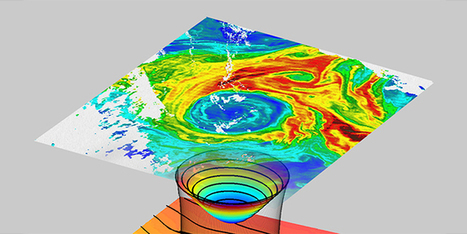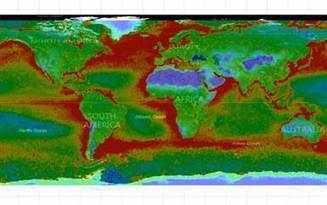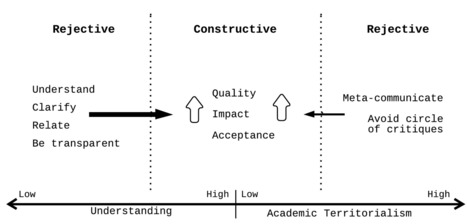Observational data about human behavior is often heterogeneous, i.e., generated by subgroups within the population under study that vary in size and behavior. Heterogeneity predisposes analysis to Simpson's paradox, whereby the trends observed in data that has been aggregated over the entire population may be substantially different from those of the underlying subgroups. I illustrate Simpson's paradox with several examples coming from studies of online behavior and show that aggregate response leads to wrong conclusions about the underlying individual behavior. I then present a simple method to test whether Simpson's paradox is affecting results of analysis. The presence of Simpson's paradox in social data suggests that important behavioral differences exist within the population, and failure to take these differences into account can distort the studies' findings.
Computational Social Scientist Beware: Simpson's Paradox in Behavioral Data
Kristina Lerman
Via Complexity Digest



 Your new post is loading...
Your new post is loading...















